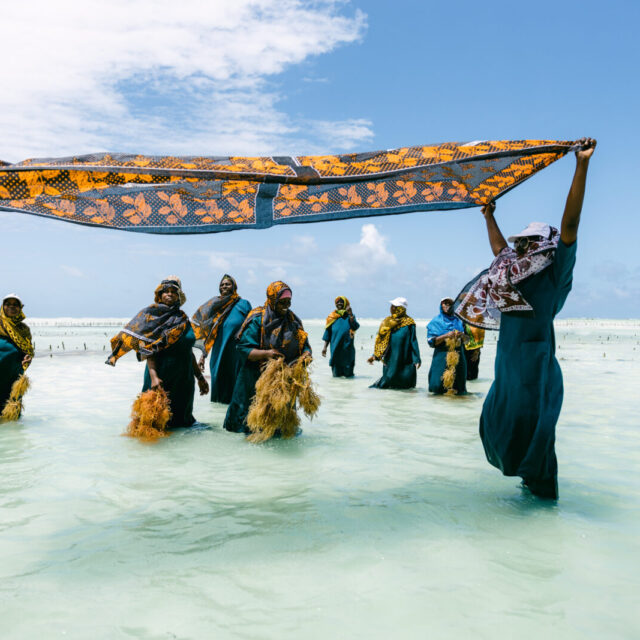Before COVID-19, 135 million were experiencing hunger so severe that it threatened their lives and livelihoods. Now with COVID-19, that number could double by the end of 2020.
Pandemics and hunger crises go hand in hand. COVID-19 is no different. The economic impact of the pandemic translates into poverty as millions of people’s sources of income fall due to job losses. Remittances to low-and middle-income countries are expected to fall by 20% in 2020, more than double international aid to Africa.
All of this adds up to a situation where an additional 419 million people could be pushed to live under US$1.90 a day. It only takes basic arithmetic to conclude that the price of food will rise substantially for the poorest families.
Ironically, food is not in short supply globally: in Europe and the US, milk is being dumped and eggs are being smashed as demand from restaurants decreases.
However, food access poses a problem. Most people access their food from local markets, but farmers are finding it increasingly difficult to grow and sell crops due to social distancing and containment measures. Globally, wrong-headed protectionist measures increase the price of food, compounded by exchange rate volatility for many African countries. As a result, food imports could fall by a quarter in sub-Saharan Africa this year.
For the most vulnerable, shrinking access to food will have devastating consequences. In sub-Saharan Africa, 1 in every 5 people is undernourished. In Ethiopia and Nigeria, nearly 60% of consumption expenditure is spent on food. More than 85% of Senegalese have reported income loss, and over a third are eating less food.
How to prevent a hunger epidemic
If governments and businesses take action now, we can prevent the COVID-19 pandemic from spilling over into a hunger epidemic. Here’s how:
- Expand and improve food assistance and social protection programmes via governments to protect those most at risk.
- Reduce costs of sending remittances.
- Enact a debt moratorium for 2020 and 2021 for private, bilateral, and multilateral debt.
- Create “grain corridors” to ensure the free flow of food supplies.
- Ensure active government efforts to create adequate food reserves.
- Avoid extreme protectionist measures on the import and export of food, such as limiting panic buying and hoarding.
- Ensure full donor funding of the US$6.7 billion request to fund the Global Humanitarian Response Plan, designed to create a global response plan to help fight COVID-19 in the 64 most vulnerable countries.
- Establish countrywide monitoring and stabilizing of food plans.
For more details, read our policy paper: COVID-19: How to stop hunger from becoming more deadly than the virus.



